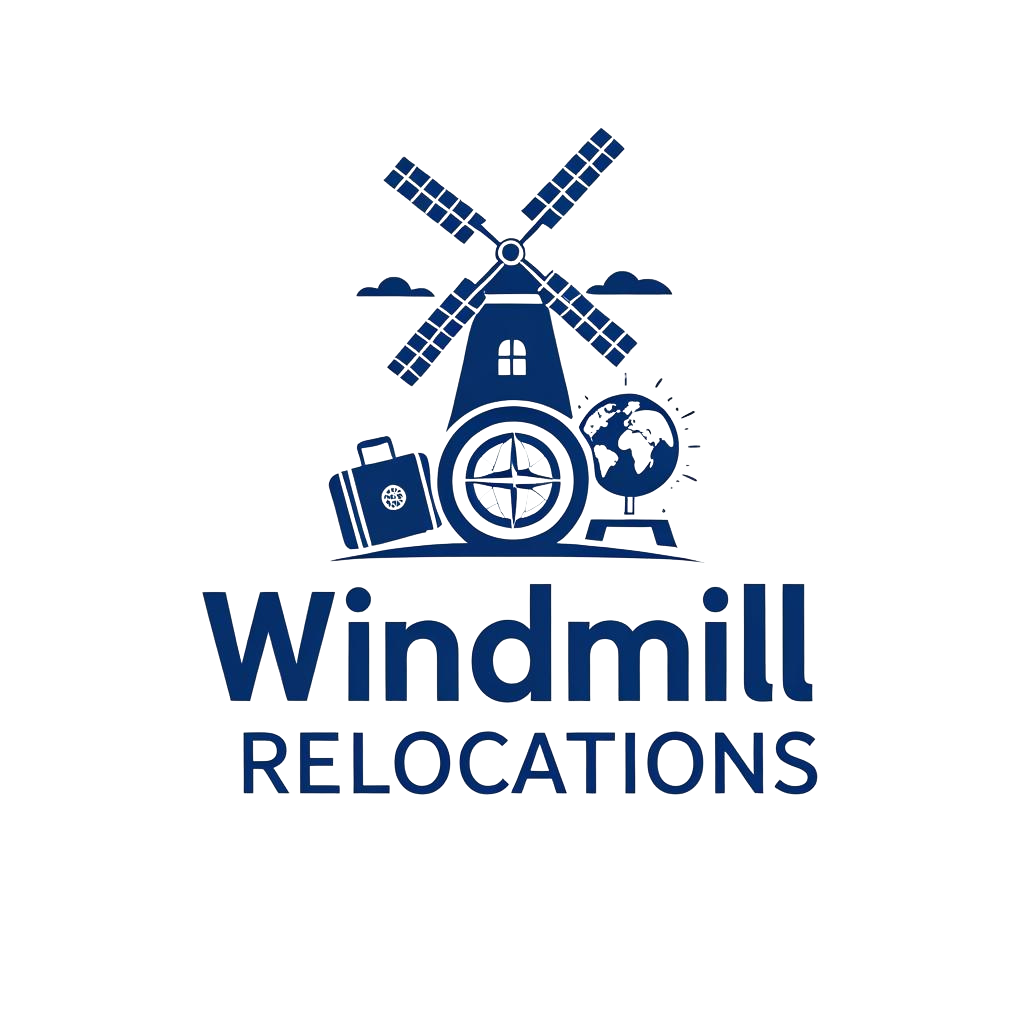So, you’ve made the big decision—you’re moving to a new country! Whether it’s for an exciting new job, a fresh start, or you just spun the globe and stuck a pin somewhere adventurous, congratulations!
Assuming you’ve done your homework (and not just googled “cool things to do in [destination country]”), you’ve probably started thinking about one very important thing: where are you going to live?
This might be dictated by your job location, your kids’ school, or your deep emotional attachment to a particular coffee shop you found on Instagram. Whatever your method—we’re not judging—it’s time to think about what you actually need from a home.
🏡 What Does “Home” Mean to You?
- How many bedrooms do you need?
- Will you be working from home? Do you need an office space?
- Are you dreaming of a big kitchen to channel your inner MasterChef, or is a small one with a coffee machine all you need?
Most people start their search thinking: “I want what I have now, just… over there.” And that’s totally fair.
But here comes the big reality check.
🤔 Does Your Ideal Home Actually Exist in Your Destination Country?
More importantly: Can you afford it?
If a quick search on local rental websites leaves you staring at the screen in disbelief, then one of two things is probably true:
- That type of property doesn’t exist.
- It exists, but it costs more than your entire salary.
Let’s take The Netherlands as an example.
Welcome to Dutch Real Estate: High Demand, High Prices
- Land is scarce.
- Housing density is high.
- Big houses? Possible. But expensive.
You can absolutely find a lovely home here—but don’t be surprised if 1/3 of your gross salary goes straight to rent. Ouch? Yes. Surprising? Not really.
🐾 Got Pets? That’s a Whole Other Conversation.
In many countries (yes, including The Netherlands), landlords aren’t thrilled about pets. Why?
- Pets = potential damage
- Pets = extra cleaning
- Pets = time off the market for repairs
So when landlords are choosing between:
- “No pets, no problems” or
- “Fluffy chewed the doorframe”
…guess which one they prefer?
Properties that do accept pets exist, but they may be older, less modern, and a little pricier due to the perceived risk. Still nice, clean, and liveable—but manage those expectations.
💡 A Few (Hard) Questions to Ask Yourself
Before you get too carried away recreating your dream home in a completely new country, pause and think about why you’re making this move in the first place.
- A new job?
- A new adventure?
- That tiny itch of wanderlust that wouldn’t go away?
If you’re chasing a new experience, try embracing how the locals live. Here’s a fun thought experiment:
- Does everyone really need their own bathroom?
Sharing builds character (and patience). Maybe it’s time to learn the ancient art of taking 5-minute showers. - Do you need two cars?
What’s the public transport like? Could you go green and cycle like a true local? - Still need two cars?
Check local fuel prices and estimate how much you’ll be driving. Your wallet may have opinions. - What’s the average grocery cost?
Go online, find a local supermarket, and do a mock weekly shop. You might be surprised (for better or worse). - Do you really need a massive garden?
Or is a local park five minutes away enough? - Thinking of hiring help?
Look up the cost of cleaners, gardeners, and handymen. It varies wildly by country.
🧠 Final Thoughts
Moving abroad is exciting, brave, and a little overwhelming. But being honest with yourself about your expectations—and aligning them with local realities—will save you time, money, and stress.
Do your research. Know your budget. Accept that “different” doesn’t mean “worse”—it just means new.
And who knows? Your future home might not look exactly like your current one… but it could still be perfect for this next chapter.
Happy house hunting! 🏠✈️

Leave a Reply